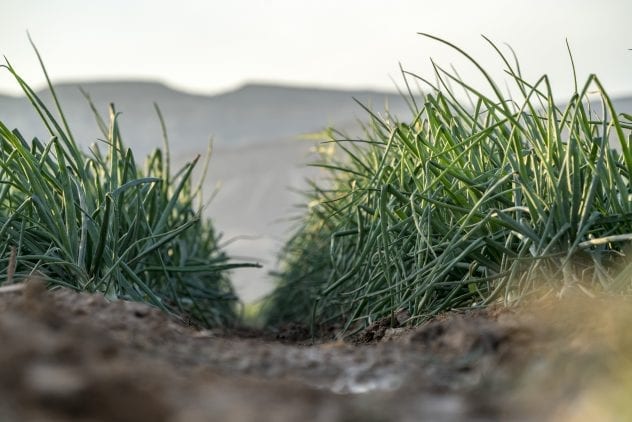Last week, the Institute’s mission to advance cross-border environmental cooperation in the face of political conflict was once again tested.
Exchange of missiles and rockets between Gaza and Israel is occurring with increasing frequency. Before last week’s eruption, the last conflict broke out only 6 months ago in November 2018. This of course does not take into account the weekly protests and violence on the Israeli Gaza border going on for more than a year. This time the exchange of fire began a week ago on Saturday morning. The Track II Environmental Forum steering committee made up of Israelis and Palestinians had a previously planned conference call on Saturday afternoon. Our Palestinian partners live in Ramallah, but two of them come from Gaza and they still have family and strong ties there. We opened our meeting, wishing everyone well and asking about the safety of our Palestinian partner’s relatives. The response from our colleagues was that everyone was safe so far and they inquired about our well-being and safety. We quickly moved on to the business at hand which was how do we solve the acute lack of water, wastewater treatment and energy in Gaza. The quick transition from lamenting about the current nightmare faced by Gazans and Israelis who live close to Gaza, to the question of how do we solve some of the basic problems contributing to the conflict, is what exemplifies our approach. We cannot stop the current violence but we believe that if we are successful in cooperatively resolving basic WaSH (water, sanitation and hygiene) issues in Gaza, this will make life more bearable for Gazans and lead to a shift in the relationship between Gaza/Palestine and Israel. In the long-run, we believe that this form of cooperation can reverse the downward spiral we are in, making life more bearable for Israelis and Palestinians and restore hope for peace.
The following day, I had a meeting at Netafim, Israel’s leading drip irrigation company, located at Kibbutz Hatzerim, just outside of Beer Sheva. I met with Naty Barak, head of sustainability at Netafim. We have worked with Naty in the past on water projects. I asked to meet to discuss our Track II Environmental Forum. I specifically wanted to ask Netafim’s help in one of our projects which will provide a neighborhood in a village in Gaza with an off-grid wastewater treatment system that also recycles the water to irrigate a park. About half way through our meeting in the Netafim office, a siren went off, warning us of an approaching missile. Naty and I calmly got up and walked down to the crowded shelter room filled with other Netafim staff. We chitchatted for a few minutes with the others and when it was all clear, walked back up to Naty’s office where, without missing a beat, we dove back into our discussion of how to provide Gazans with appropriate wastewater treatment and water for irrigation. As we looked at the maps of the village and its infrastructure, supplied to us by the Gazan municipality civil engineering department, Naty called in his colleague, an irrigation engineer to ask him to volunteer his time in designing the system we would need for the park. Naty also said that if the system was not too big, Netafim might be able to contribute the equipment. If the project turned out to be large, Netafim might be able to supply the equipment at cost. In any case, the answer from the two Israelis who had just come out of a bomb shelter to protect themselves against missile’s from Gaza, was that they are all in and ready to help the people of Gaza get sewage treatment and water for irrigation.
David Lehrer
“Don’t give up. There are too many naysayers out there who will try to discourage you. Don’t listen to them. The only one who can make you give up is yourself.” – Sidney Sheldon


